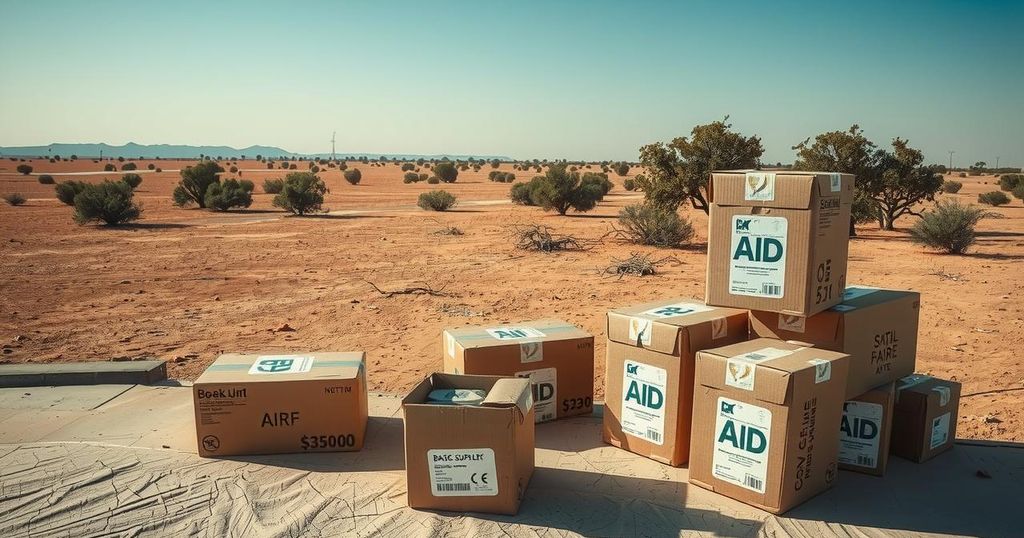Alaska Nonprofit Leader Warns of Dire Consequences from USAID Cuts in South Sudan

Dr. Jack Hickel, president of the Alaska Health Project South Sudan, highlights the potential disastrous consequences of U.S. budget cuts to USAID programs in South Sudan. With significant reliance on U.S. funding, the organization provides drinking water and food security to hundreds of thousands. Funding cuts may lead to severe shortages in food, medicine, and vaccinations, urging Alaskans to advocate for restoration and support donations to expand their operations.
Dr. Jack Hickel, board president of the Alaska Health Project South Sudan, has expressed grave concern over the potential effects of U.S. federal government budget cuts on USAID programs, particularly those operating in South Sudan. This nonprofit organization is crucial in providing vital resources such as fresh drinking water and food security to one of the world’s poorest countries.
Dr. Hickel noted that despite some progress, substantial challenges remain, including a lack of infrastructure: “There’s no roads, there’s no electricity, no sanitation, no running water.” Since its inception in 2008, the Alaska Health Project has drilled over 107 wells and has supported approximately 100,000 individuals in the region.
The organization primarily depends on funding from Alaskan sources, while also relying partially on partner organizations supported by USAID funding. With the Trump administration planning to diminish the agency as part of broader budget cuts, over 1,600 staff members have reportedly lost their jobs, raising fears of dire consequences in South Sudan.
Dr. Hickel highlighted the increasing needs in the northern region of South Sudan, exacerbated by an influx of over a million refugees from the ongoing war in Sudan. Cuts to U.S. funding for essential supplies such as food and medical resources, according to Hickel, may lead to catastrophic outcomes, including famine and increased mortality rates.
He warned, “All the vaccines that we give kids — that save lives, that save kids — those vaccines are going to stop.” In response to these looming challenges, Dr. Hickel is urging Alaskans to advocate for the restoration of USAID funding through outreach to their elected officials.
Additionally, the Alaska Health Project South Sudan is seeking donations to enhance their operations and alleviate the suffering in the region, highlighting the urgent need for support.
In conclusion, the head of the Alaska Health Project South Sudan is raising critical alarms regarding impending funding cuts to USAID, which could lead to disastrous outcomes for vulnerable populations in South Sudan. The organization plays a vital role in addressing basic needs, and the loss of U.S. aid may halt essential services such as vaccinations and food supplies. Advocacy for the restoration of aid and donations for ongoing projects are crucial steps in ensuring continued support for this impoverished region.
Original Source: www.alaskasnewssource.com







